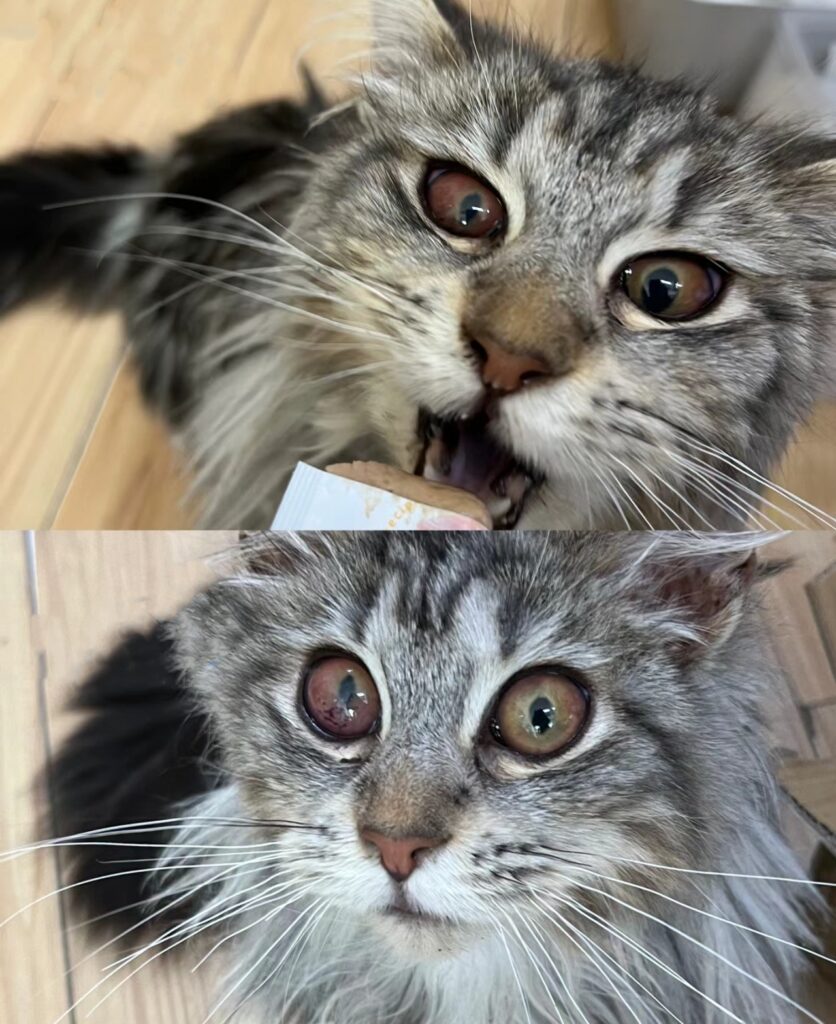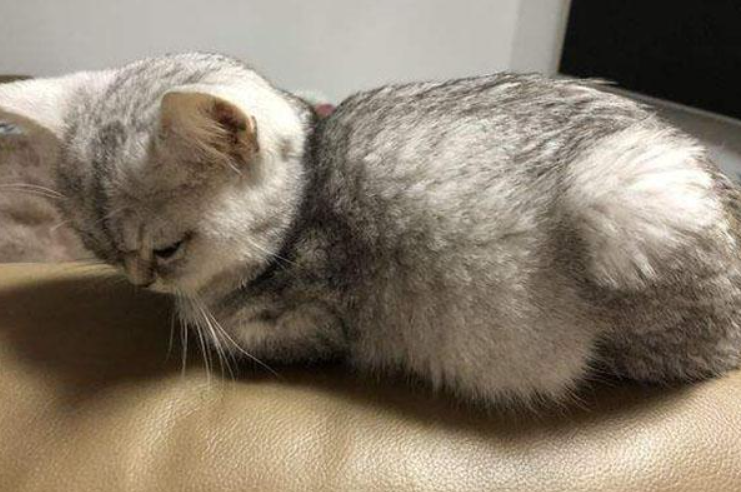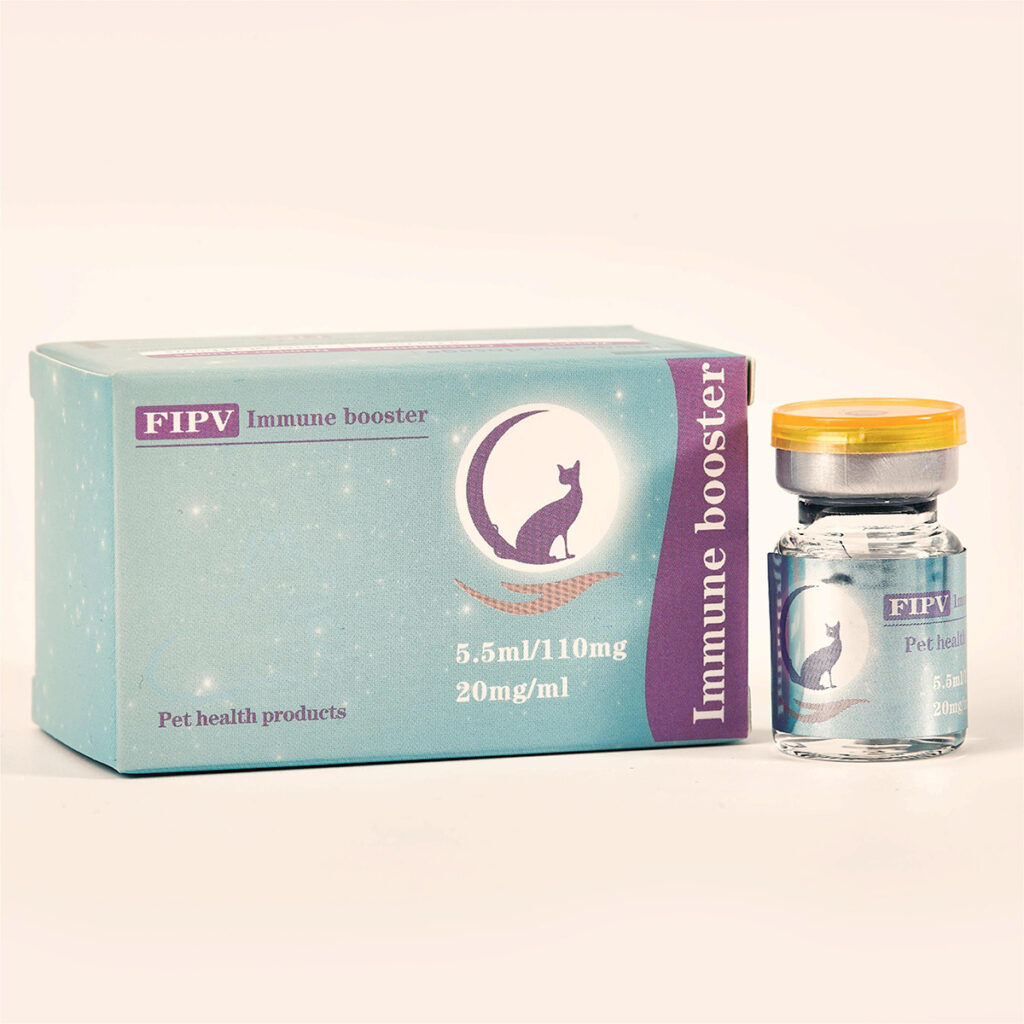GS 441524 is an experimental treatment for feline infectious peritonitis (FIP). FIP is a serious and often fatal disease that primarily affects the abdominal organs of cats.
However, it is important to note that the use of GS 441524 is still experimental and not all veterinarians recommend or are able to provide this treatment. Additionally, treatment of FIP is a complex process that requires consideration of multiple factors, including the cat’s overall health, the stage of the disease, and possible side effects.
For the treatment of FIP, veterinarians typically take a comprehensive approach that includes supportive care, immunomodulators, and other symptomatic treatments. Supportive care may include fluids, nutritional support, and control of concurrent infections. Immune modulators such as interferons and corticosteroids may help regulate the immune system.
When considering GS 441524 or any other treatment, a thorough discussion and evaluation with your veterinarian is crucial. Your veterinarian can advise on the most appropriate treatment based on your cat’s specific situation, weighing the potential benefits and risks of treatment.
Furthermore, with FIP as a disease, prevention remains key. Maintaining good hygiene, regular vaccinations, and early detection can help reduce your cat’s risk of contracting FIP.
If your cat is diagnosed with FIP, I recommend working closely with your veterinarian to develop a personalized treatment plan and closely monitor your cat’s health. At the same time, you may also consider consulting a professional veterinary expert or participating in relevant clinical trials to obtain more up-to-date information and advice on FIP treatment.
What are the common symptoms of cats with FIP?
FIP can be divided into two types: wet FIP and dry FIP. Here are the main symptoms of both types:

Wet FIP:
- The initial symptoms may not be obvious, but as the condition worsens, the cat may develop symptoms such as loss of appetite, lethargy, and weight loss.
- The abdomen gradually enlarges, and soft, watery ascites can be felt.
- Symptoms such as jaundice, anemia, vomiting, and diarrhea may occur.

Dry FIP:
- The initial symptoms may not be obvious, but as the condition worsens, the cat may develop symptoms such as loss of appetite, lethargy, and weight loss.
- Symptoms such as shortness of breath, cough, and fever may occur.
- Blood tests may show abnormalities such as an increase in white blood cells and a decrease in platelets.
Dosage of GS 441524 for different forms of FIP:
Wet FIP: Administer 6mg per kilogram of body weight (weight x 6 mg / concentration)
Dry FIP: Administer 8mg per kilogram of body weight (weight x 8 mg / concentration).
Ocular FIP: Administer 10mg per kilogram of body weight (weight x10mg / concentration).
Neuro FIP: Administer 10mg per kilogram of body weight: (weight x10mg / concentration)
